interview by Michael McCarthy
Uncured is a fierce new band that blends technical death and progressive metal into a unique sound of their own that splits the difference between classic Opeth and vintage Dream Theater. Those are two mighty big bands to stack up to, but these uber-talented guys pull it off and then some. Of course, when you’re heavily influenced by work from years ago, you run the risk of sounding out-dated or derivative. Yet Uncured’s debut full-length, Medusa, is a thoroughly modern and original record. And a brilliant and savage one at that.
At Uncured’s core are the brothers Rex and Zak Cox, who both play guitar and sing. Or should we say scream? Well, in spite of their death metal-style vocals, the band has great melodic sensibility. And, in spite of the fact that their music is progressive, their songs always feel like they’re following a logical and focused path, unlike many prog bands who write 15-minute songs with seemingly random flute solos and other things that make their music difficult to wrap one’s head around. Well, I can assure you that Uncured’s longest song is 8:18 and Medusa is a flute-free album. If you’re looking for music to slam around in a pit to, you can’t do better than Uncured. In the following interview, I chat with 17-year-old guitar genius Rex about the band’s sound and formation, their tours with Katatonia and Devildriver, and much, much more. Just be warned: listening to Medusa may inspire you to angrily get up and trash your house.
MM: Your press releases state that you’re from New Jersey, but I read on Metalsucks that you’re from New York. Which is it?
RC: The band is centralized in New York even though most of us live in New Jersey. Since we all come from different places, we just say New York is the band’s headquarters.
https://youtu.be/g4iWigFygyA
MM: You and Zak are brothers, but how did Jon and Liam come to be in the band?
RC: Well, Zak and I have been playing guitar together for about six years. Six years seriously now. We’ve been writing music for three or four years seriously. So, we had a good thing going and then we just needed full-time members to fill out the line-up. So, we have Liam Manley on drums. He’s a 22 year old drummer from Portland, Oregon. He has years of studio work. We went on Youtube. We knew we needed a full-time drummer. So, we set out to contact the best drummers we could find. There’s a ton of great drummers on Youtube. And he was at the top of the heap. We contacted him and he was down to do it. Turned out that we worked well together. He’s been with us for almost a year now. And when we were making the record we needed a bassist to go on tour with because we had the Katatonia tour lined up right after the studio. So, Jon Kita, who was the senior engineer at Conclave Studios where we recorded, stepped in played bass for us on that tour then we got a couple more tours and he became the full-time bassist. We had known him for at least four years.
MM: Is Uncured the first band you and your brother have been in together?
RC: Yes. Uncured is the only band that we have been in and the only band we’ve been in together. Jon was a guitarist in Diecast for 20 years and, as I said, Liam has done a lot of projects as a session drummer.
MM: How much time passed between the formation of the band and the making of the album?
RC: I would say that the band wasn’t officially formed until the first tour. When we recorded Jon was just doing engineer work. So, I played bass on the record. But we had a full line-up after we made the record and we kind of made it official when we were going out on tour. We wanted a live bassist. There’s no way that you can get around that. So, that’s kind of how the band formed. I guess you could say after the record. Before the first tour.
MM: Who produced Medusa?
RC: Mitch Cox. He is the proprietor of Conclave Studios, who happens to be my father. So, he was the producer of the record.
MM: Who are a couple producers who you would like to work with in the future?
RC: We are planning on sticking with our same crew in the future. We’re psyched about how Medusa came out and we’re looking forward to making another product with the same line-up. And just making the songs – in every way – heavier and ruthless.
https://youtu.be/kp2yiMEt3R4
MM: How long have you been playing guitar?
RC: We’ve been playing guitar about six years. Six years seriously, I would say. Because when we first started – for the first year or so – we weren’t really into guitar. It didn’t quite click for us for at least a year and a half or something. Six years seriously. And we’ve been writing our own material for about four years. Our first EP, Spontaneous Generation, was kind of the culmination of the first however many years of writing. Medusa is our first full-length, very focused album. That’s what we wanted as a band and I think we accomplished that. But to answer your question, I’ve been playing guitar about six years seriously.
MM: Being a virtuoso, does that mean guitar comes easy to you or did you have to do a lot of practicing to get to where you are?
RC: Oh, it definitely takes a ton of practice. I don’t really believe in the concept of a virtuoso. You can have inherent talent at an instrument but there’s just no way around practicing in front of a metronome for however many hours to get to be able to play all the different things that make a guitarist a virtuoso.MM: So, can you read sheet music as well?
MM: So, can you read sheet music as well?
RC: I’m not the fastest sight reader. I can read sheet music if I have a little bit of time to work with it. Sight reading can be difficult. I’m actually a little bit better at reading bass clefs than treble clefs because I played bass in a jazz band when I was in school. I can get through a sheet of sheet music if I have the time. But I can’t quite sight read.
MM: How long did you play jazz for?
RC: I was in a jazz band for two or three years. Playing jazz bass is much easier than playing metal bass, depending on the music that you’re playing. So, I much, much prefer playing bass for Uncured.
MM: Are you a fan of jazz?
RC: I have respect for jazz even though it isn’t my preferred type of music.
MM: How old were you when you started listening to metal and was there a certain genre that you gravitated towards initially?
RC: I think I was 12. About that age. And I heard “The Last Baron” by Mastodon. I just heard it on a loop for like 10 times or something. That was the first metal song I actually liked. I mean, I’d heard it before, but it didn’t quite click for me until that song. From there, I was a huge Mastodon fan for a very long time and then it branched out from Mastodon. Heavier bands. More aggressive bands. But that’s where I started.
MM: Which artists would you say are the biggest influences on your music?
RC: I think the band that’s influenced us the most is Opeth. That’s mostly their writing philosophy. The fact that they combine such brutality with such melodic harmony. The heaviest contrasts with their clearer stuff. That’s what we always look up to as far as writing influences go. But we draw from a lot of different bands and a lot of different inspirations. I think that even though we do that we have our own distinctive sound, which is what I like so much about it.
MM: A lot of people always talk about the old Opeth. Do you like the newer stuff at all?
RC: I definitely like the new records that Opeth is putting out. Even though in my opinion they don’t stack up to their older records. My personal favorite is Ghost Reveries. Opeth started out as a primarily heavy band but they introduced more clean sections along the way and I think that the balance was best on Ghost Reveries. All the albums after that like Watershed and the albums prior to that were all great, but the balance changed between those albums, but they changed very dramatically when they went to Heritage and I think out of the last three Pale Communion had the best characteristics, but I much prefer the old Opeth.
MM: I love how your sound incorporates elements from several different metal genres. Did you start off that way or did you just do one sound initially and gradually add the others?
RC: On our first EP, that was a culmination of however many years of writing and we put it all together into four songs. We had to cut off a lot to make it four songs. But we think that they’re a good representation of where we started. We had a lot more comparisons to Dream Theater early on, on that EP. It was very technical. There were no vocals. Plus, the time signature changes and all that stuff. It wasn’t very heavy as much as it was technical and Medusa, I think, is an equal balance of heavy, technical, groovy, and different. We think it’s very intelligent still even though it’s got a lot more breakdowns and stuff like that. We think it’s a logical progression from the EP.
MM: When you decided to add vocals, was it death metal vocals from the start or did you experiment with other types of vocals before arriving at that?
RC: We always wanted to have vocals on our music but we decided not to put them on Spontaneous Generation because we wanted to wait until we had a better vocal. We weren’t really singing at that time either. Or screaming, for that matter. We always intended for there to be clean vocals initially, but then as things progressed we wanted to move into a heavier direction and we decided – since there are two vocalists – Zak and myself – we had a variety of tones to choose from and we made the album all harsh. That’s what we’re gonna stay with for a long time.
https://youtu.be/o8vP4GuZCXk
MM: I understand Medusa was self-released. Was that always the plan or did you try to get a record deal first?
RC: Uncured is an independent band and we intend to remain an independent band. We might be looking into some overseas distribution deals, but not any record label deals. We’re self-sufficient and we’re working very hard to make it happen.
MM: What do you have for distribution here in the U.S.?
RC: Well, we’ve been playing in the U.S. and this is our second tour. And we’re gonna be back with Children of Bodom in the fall and we’ve been selling a ton of CDs as we play. I guess for other distribution, it’s on Apple Music, Spotify, iTunes – it’s available everywhere. But there’s no physical distribution in the United States apart from at a show.
MM: Do you guys handle all the business and social media stuff yourselves or do you have people who do that for you?
RC: Our manager is primarily in charge of that. Mitch Cox is our manager and he’s primarily in charge. But we all contribute and we’ve learned a lot of the business aspects ourselves from being around it. And we’ve made decisions regarding it as well. We’re all pretty knowledgeable about the business aspects even though we aren’t in charge of it.
MM: I love your album cover. Who’s the artist?
RC: We use an Austrian artist. His name’s Peter Gric. He has several series of models he first creates digitally then paints. Our cover art is a unique perspective on his “Gynoid” series, created just for our “Medusa” record.
MM: Since you called the album Medusa, I have to ask: are you a fan of Greek mythology?
RC: The album was inspired by lots of Greek mythology so I guess you could say yes. But Medusa was a logical choice for the album name because the album’s primary motif or primary theme would be that of vision and perception and when you look into Medusa’s eyes you turn to stone. Petrified. So, even though it’s not a concept album, that’s the way we tied all of the themes together.
MM: I was wondering if you called the album Medusa because of the song “Petrified.”
RC: We actually called the song “Petrified” because the album’s Medusa. And then tied it to the theme of the song.
MM: The first song on the album is called “Opium Den” and it’s obviously directed at an addict. Was it just creative writing or was it based on personal experience dealing with an addict?
RC: That song was actually based off of Plato’s Allegory of the Cave initially. We moved it into an opium den setting, as opposed to a cave setting, and we wanted to convey the feeling of desolation and isolation in that song. We set it in another Greek philosopher’s setting, but we moved it to make it more relevant and we combined those two themes over that song. So, it’s not based on personal experience as much as it’s based on the concept.
MM: Is there anyone in particular whose tyranny you’re directing “Enucleate” at?
RC: That song is about oppression. Not being pressed. More of a general concept than a specific person. It relates to anybody in any of our fans lives who experience that. It’s a very relocatable song, but it’s not based on a specific person.
MM: I thought it might’ve been based on Trump.
RC: No, we don’t deal with politics in the band.
MM: Was the name of the band Uncured before after you wrote the song “Petrified”?
RC: We came up with the name about two years ago, I want to say. So, Uncured came way before “Petrified.” “Petrified” was actually one of the last songs we named on the record. It was called something like “Song 3” before that. I don’t know what it was called, but something like that. That was one of the last songs we had named.
MM: What is the song “Antipsychotic” about?
RC: “Antipsychotic” is a song that only Zak sings. That song is about all the antidepressants and antipsychotics that people take. A lot of people nowadays are taking a lot of those pills. It’s about how they can make you lose your sense of feeling and real raw emotion. And, despite that, the person is hollow inside and they feel anger at the world. And I think the setting and soundscape of the song also conveys the imagery.
MM: Your video for the song “Stygian Pit” was directed by David Brodsky. Was there anything in particular he’d done in the past that made you want to work with him?
RC: Well, David’s done a ton of great music videos previously. And he was recommended to us by a lot of people. He’s very well known in the industry and very respected as a video-maker. Actually, he had worked with our bassist when he shot a couple of the Diecast videos. He came with very high regards and we were very ecstatic about the final product.
MM: How many times did you have to perform the song during the shoot?
RC: Oh, I think, sixteen or seventeen. They had three cameras going. So, yeah, we shot for about six or seven hours, I want to say. And then the set up and all that stuff. But, yeah, I think we played the song about sixteen or seventeen times.
https://youtu.be/nqTSxmg5K1A
MM: Did you sing the vocals out loud during the shoot or did you lip synch the way they tend to do it when they make videos?
RC: We sang every single word of the song. We wanted it to look realistic and really get across the message of the song. It’s an angry song. We wanted to make sure all of the veins were coming out of our necks. And since it’s so personal we sang it every time.
MM: There’s a video for “Spontaneous Regeneration” on Youtube that blends together clips from performances at different clubs. How did that come about? Also, why does it say “Persia Version”?
RC: For the Katatonia tour we played about three and a half minutes worth of “Spontaneous Regeneration” live so the version we played live we called the “Persia Version.” It starts with those harmonies, the minor 6s, that kind of tonality. And it breaks with the clean section in the center. Actually, Zak is our video maker and he does a great job of combining all the clips of the live aspects plus the fan aspects of our performances. He does a great job of all those videos that you see.
MM: There are several other live videos on Youtube. Is he directing those? I’m talking about the professional ones.
RC: Oh, the professional live ones are the ones that Zak created.
https://youtu.be/_wmGezfhJhg
MM: You have some tutorial videos on Youtube as well. Whose idea were those?
RC: Uncured is a very technical band and we wanted to be able to appeal to the technical crowd because we have such complex music parts. Those videos were to give our fans an idea of how we play certain portions. And the theory behind it, which I think is the most important part of a lot of those. You can teach somebody to play it, but really understanding the theory and how it was created and how the parts interact as our most recent set of videos talk about, that’s the most important thing. We want to show people what we’re doing.
MM: I thought it was really cool. I couldn’t understand what you were saying, but just watching the hands move and everything was kind of mind-blowing.
RC: Thank you. I appreciate that.
MM: You toured with Katatonia recently. Was that your first tour?
RC: That was Uncured’s first national tour and since then we got the invitation to go out with Devildriver and we are currently in the tour van going to Colorado Springs in Colorado. Yeah, we’ve played four shows already and this tour has been great so far. Much rougher crowd than Katatonia. We’ve been honored to go out with two great bands already.
MM: How did you get these tours? Do you have an agent who works on that or did the bands hear of you and request you?
RC: As I talked about, Mitch Cox is our manager and he’s responsible for booking as well. As far as how we got the tours, I’m not entirely sure but I think we got the invitation because we have a unique sound and people wanted to hear more of it. And we had a great response to our first record.
MM: Are you big fans of Katatonia and Devildriver?
RC: When I was growing up, I was a very big fan of Katatonia. But later on, I discovered Devildriver and Devildriver is just incredibly heavy, incredibly brutal. They have great new music. And they’re even better live. To see them play is pretty awesome.
MM: Which audience has received you better?
RC: We’ve played different sets for Katatonia and Devildriver. So, the reception on both has been great. We’ve been playing as heavy as we can while still maintaining that classic Uncured sound on the Devildriver tour. On the Kataonia tour, we pulled it back a little bit. Made it more melodic-based. More smooth. And we were really well received as well. They’ve both been great receptions.
MM: You mentioned that you’re doing the tour with a van?
RC: Oh, yeah, we’re in a van.
MM: When do you usually sleep when you’re out on the road? Do you sleep during the day or at night after the shows?
RC: Average sleeping for us is normally from 2AM to 10AM. We sleep in the van most nights. Especially on this tour, there’s a lot of long drives. There’s not even time to stop.
MM: So, who does the driving?
RC: Mitch is the main driver.
MM: Have any of the bands you’ve played with played any pranks on you yet?
RC: [Laughs] No. We have not been pranked by any other band. All the guys from Devildriver and 36 Crazyfists – we haven’t met Cane Hill yet – all those guys are super easy to hang out with. Great guys. And we have not been pranked by anybody.
MM: You’re going to be touring with Children of Bodom later this year. Have you met with any of those guys?
RC: I have not met anybody from Children of Bodom. No, I can’t say I have. No, we’re looking forward to going out with them because they are metal legends. You know, they play a great live show. I have not actually seen them live but I cannot wait to see them live on tour.
MM: Will you be making things more melodic again for their audience where they tend to have a lot of melody?
RC: We’ll probably be going with an in between Katatonia and Devildriver set. Most of the Devildriver because that one already has a lot of the melodic stuff kept in there. A lot guitar features as well. With Children of Bodom you want to have that. It’ll probably be a pretty heavy set, but still with the melodic portions there.
MM: Are there certain songs of yours that tend to get a pit going more than others?
RC: Well, while we’ve been playing on the Devildriver tour it takes us about seven minutes to get a pit going and then from there it’s just non-stop. The second song we play is “Petrified” and the second chorus of “Petrified,” which is the breakdown is where everybody’s pushing each other and moving. When we drop into “Myopic” we play a modified version where the breakdown comes first. Everybody’s going at that point. And just from there it just doesn’t stop. It’s awesome.
MM: There seems to be a trend right now where people are punching and kicking in the pits. Have you seen any of that?
RC: The pits on the Devildriver tour have been very violent but also very friendly. There are people really going at each other, pushing each other, but if anybody falls three or four people all stop and pick them up and pat each other on the back then they get right back to it. It’s a pretty friendly pit even though it can be very violent.
MM: It looks like you’ve got about a month off in between the Devildriver and Children of Bodom tours. How do you intend to spend your time?
RC: We will probably take one week off, which will be a lot of weight lifting and a lot of guitar practicing. And then we’ll probably spend the rest of the time rehearsing. Maybe making one or two new videos to help support the tour. And changing up the set perhaps. But just trying to get as tight as we possibly can.
MM: Have you started recording any new music yet at all?
RC: We’ve been writing new music, but we have not had any time to record it because we’ve been making tons of new videos in support of this tour. A lot of the technical ones. They’ll be dribbled out across every couple weeks we’ll be dropping out a new one. Hopefully, through Guitar World. They’ve picked up some of our stuff and they seem to like us. So, we’re gonna be putting out more videos through them.
RANDOM QUESTIONS:
MM: What was the first concert you ever attended?
RC: I think it was Blackfield. I saw Blackfield with Anathema at Radio City Music Hall. That was my first concert. I was, I want to say, nine. And that was a good first concert to go to because Blackfield is very energetic live and they have a very chilled back sound. So, it wasn’t like I was at a Devildriver concert when I was nine. It was a good way for me to see, wow, this is kind of cool, what’s going on here?
MM: I’m not familiar with Blackfield. I’ll have to check them out.
RC: It’s Steve Wilson from Porcupine Tree and Aviv Geffen. They’re the two guys from Blackfield.
MM: If you had to go into the studio today and record a cover, what would you like to do?
RC: Uncured doesn’t do covers. We’ve never actually played a cover. If I had to cover a song… You know, I’ll have to get back to you on that. I’ve never thought of that.
MM: Tell us three things from your bucket list that you have yet to do?
RC: Play at festivals. And the great thing about that is we’re gonna be playing the Michigan Metal Fest on Saturday. This Saturday. We’re gonna be playing the Michigan Metal Fest this Saturday. So, that’s one of them. I want to bench three plates, that’s another one. I guess the third one is that I want to improve my guitar playing and improve my vocals.
MM: What foreign countries would you most like to play?
RC: I would love to go Europe and the UK. I would like to go to Germany. Places in the UK. Places in Europe. They all seem like great hubs for progressive metal.
MM: What song is stuck in your head right now?
RC: I actually do not get songs stuck in my head. But I guess it would have to be “Dilate,” honestly. We’ve been playing “Dilate” on this tour so I guess it’s our own music that’s stuck in my head.
MM: One last question. If you could resurrect any one musician from the dead, who would you bring back?
RC: Jimi Hendrix. Jimi Hendrix has been a massive influence on our music, and you can hear it in our wah-driven groove sections throughout the record.
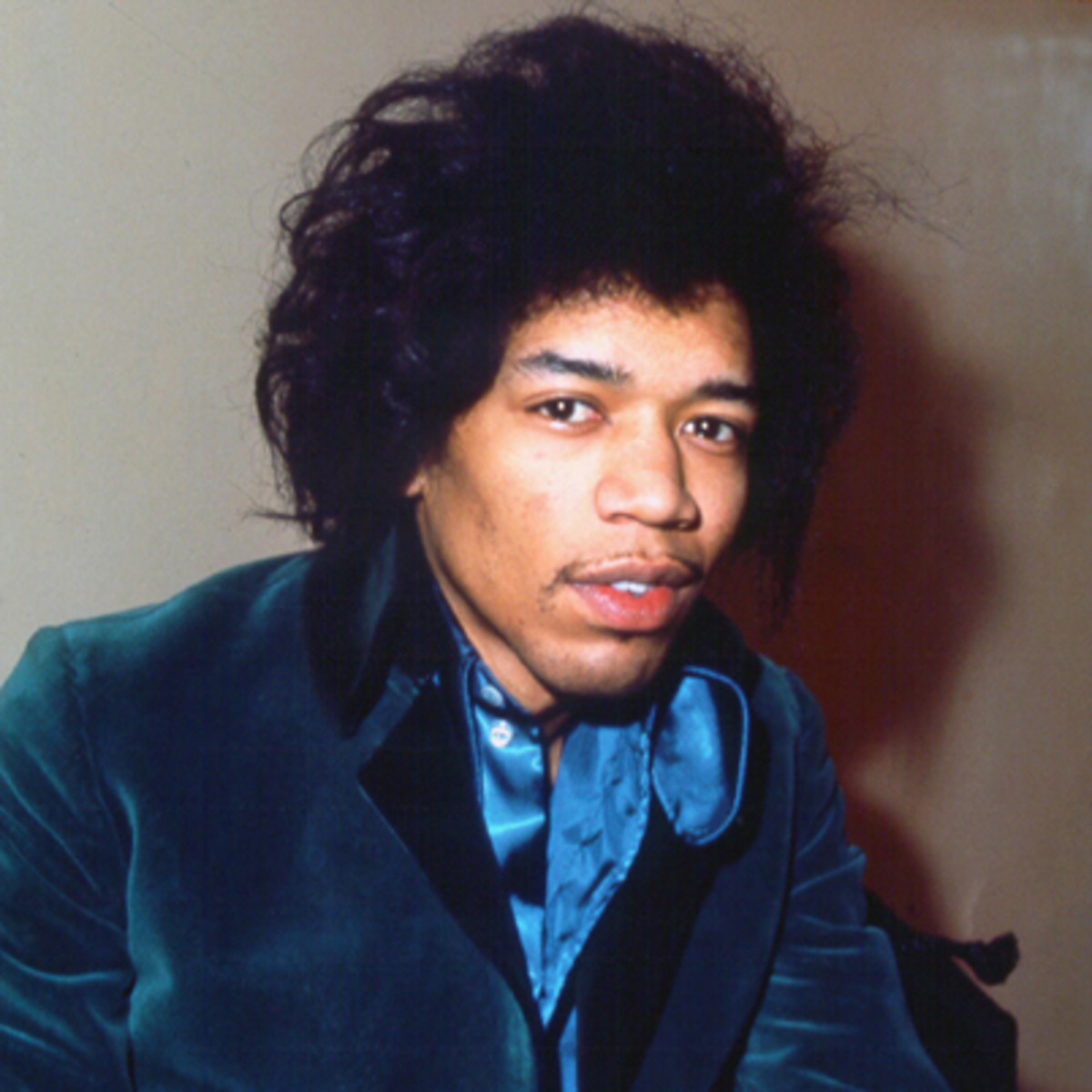
UNCURED w/DevilDriver, 36 Crazyfists, Cane Hill (Open Guestlist To ALL Shows w/+1s For Media Requests)
8/21 Billings, MT @ Pub Station (no Cane Hill)
8/23 Colorado Springs, CO @ The Black Sheep
8/24 Lincoln, NE @ Bourbon Theatre
8/25 Belvidere, IL @ Apollo Theatre
8/27 La Crosse, WI @ Cavalier Lounge
8/28 Minneapolis, MN @ Cabooze
8/29 Sioux Falls, SD @ Bigs Bar
8/30 Des Moines, IA @ Val Air Ballroom
8/31 Wichita, KS @ Crown Uptown
9/1 Kansas City, MO @ The Riot Room
9/2 Sauget, IL @ Pops
9/5 Fayetteville, AR @ George’s Majestic Lounge
9/7 Louisville, KY @ Trixie’s Entertainment Complex
9/8 Dayton, OH @ Oddbodys
9/9 Clarksville, TN @ The Warehouse
9/13 Knoxville, TN @ The Concourse – The International
9/14 Virginia Beach, VA @ Shakas
9/15 Jacksonville, NC @ Hooligan’s Music Hall
9/20 Houston, TX @ Scout Bar
9/21 Dallas, TX @ Gas Monkey Live
9/22 Lubbock, TX @ Jake’s Backroom
UNCURED w/Children of Bodom, Carach Angren, Lost Society
10/31 Dallas, TX Gas Monkey Live!
11/01 Austin, TX Come And Take It Live!
11/03 Phoenix, AZ Marquee Theatre
11/05 San Francisco, CA UC Theatre
11/07 Seattle, WA El Corazon
11/08 Vancouver, BC Commodore Ballroom
11/10 Calgary, AB MacEwan Ballroom
11/11 Edmonton, AB The Ranch Roadhouse
11/13 Salt Lake City, UT The Grand @ The Complex
11/14 Denver, CO Summit Music Hall
11/15 Kansas City, MO The Truman
11/17 Minneapolis, MN The Cabooze
11/18 Chicago, IL The Forge
11/19 Detroit, MI The Majestic
11/21 Pittsburgh, PA Mr. Smalls Theatre
11/22 Philadelphia, PA The Trocadero Theatre
11/24 New York, NY PlayStation Theater
11/25 Worcester, MA The Palladium
11/26 Rochester, NY Anthology
11/28 Toronto, ON Phoenix Concert Theatre
11/29 Ottawa, ON Bronson Centre
11/30 Quebec City, QC Imperial
12/01 Montreal, QC Corona Theatre
Buy Uncured’s new album, Medusa, on Amazon.
Connect with Uncured:

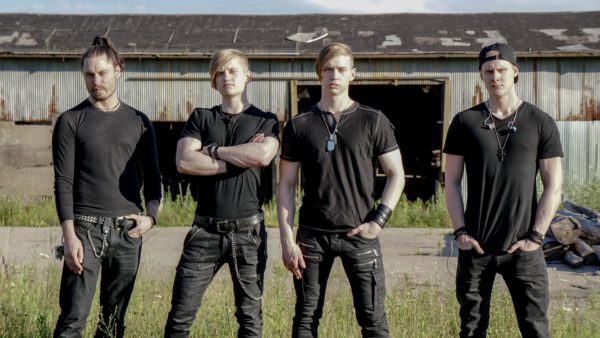
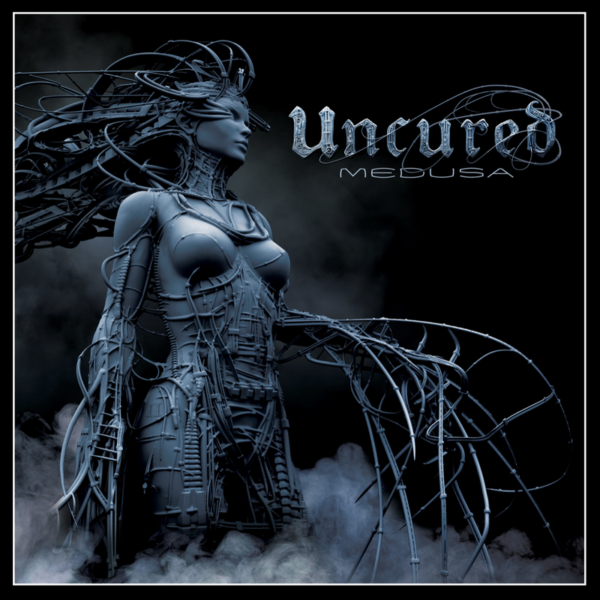

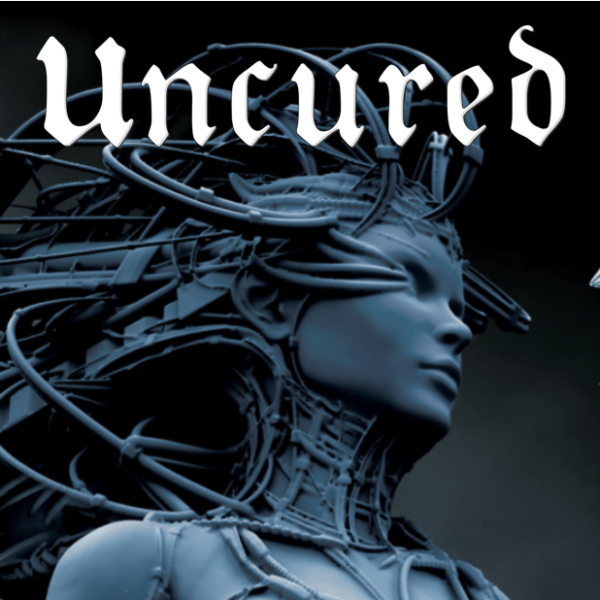

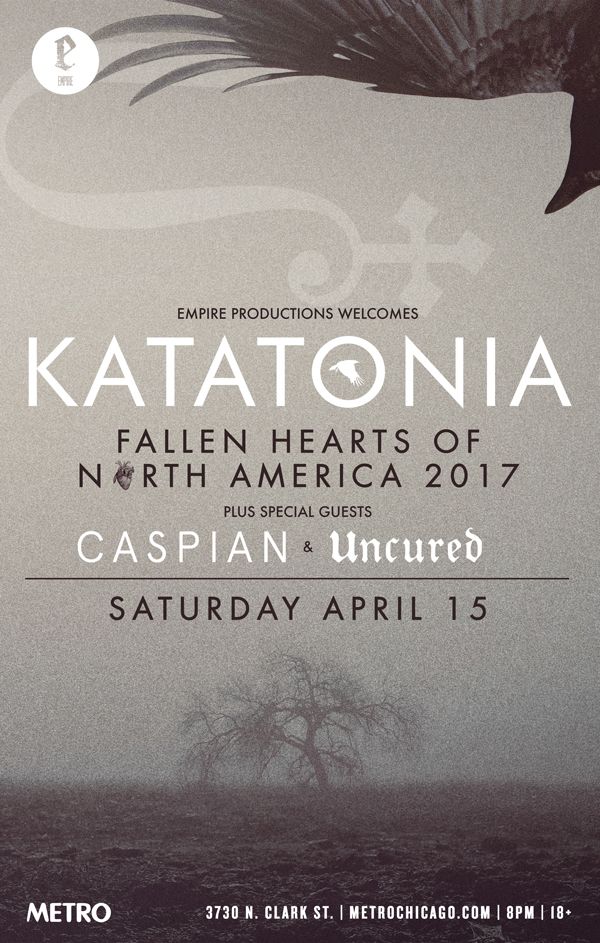

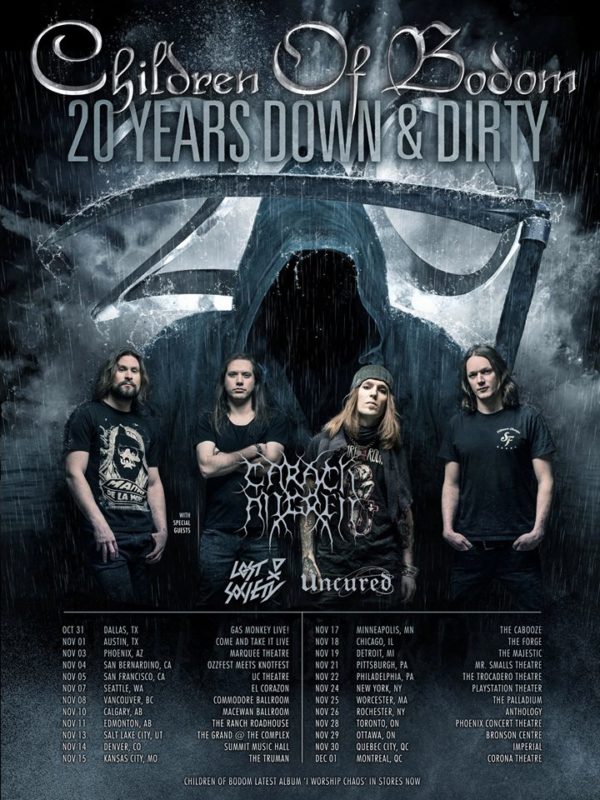

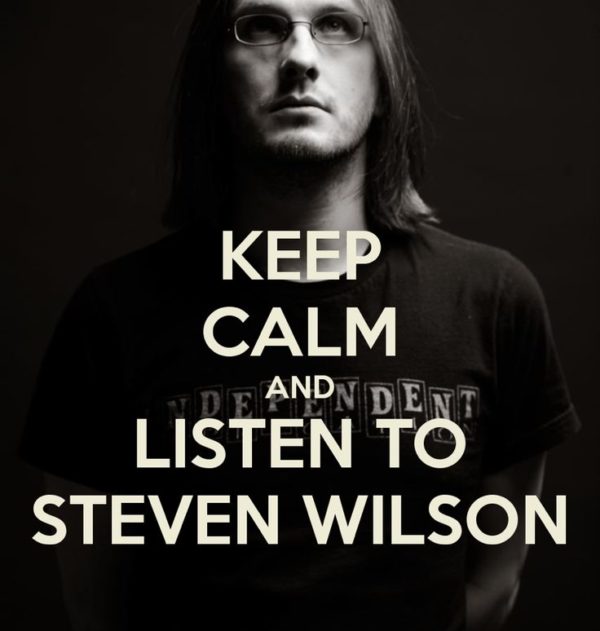

Leave a Reply